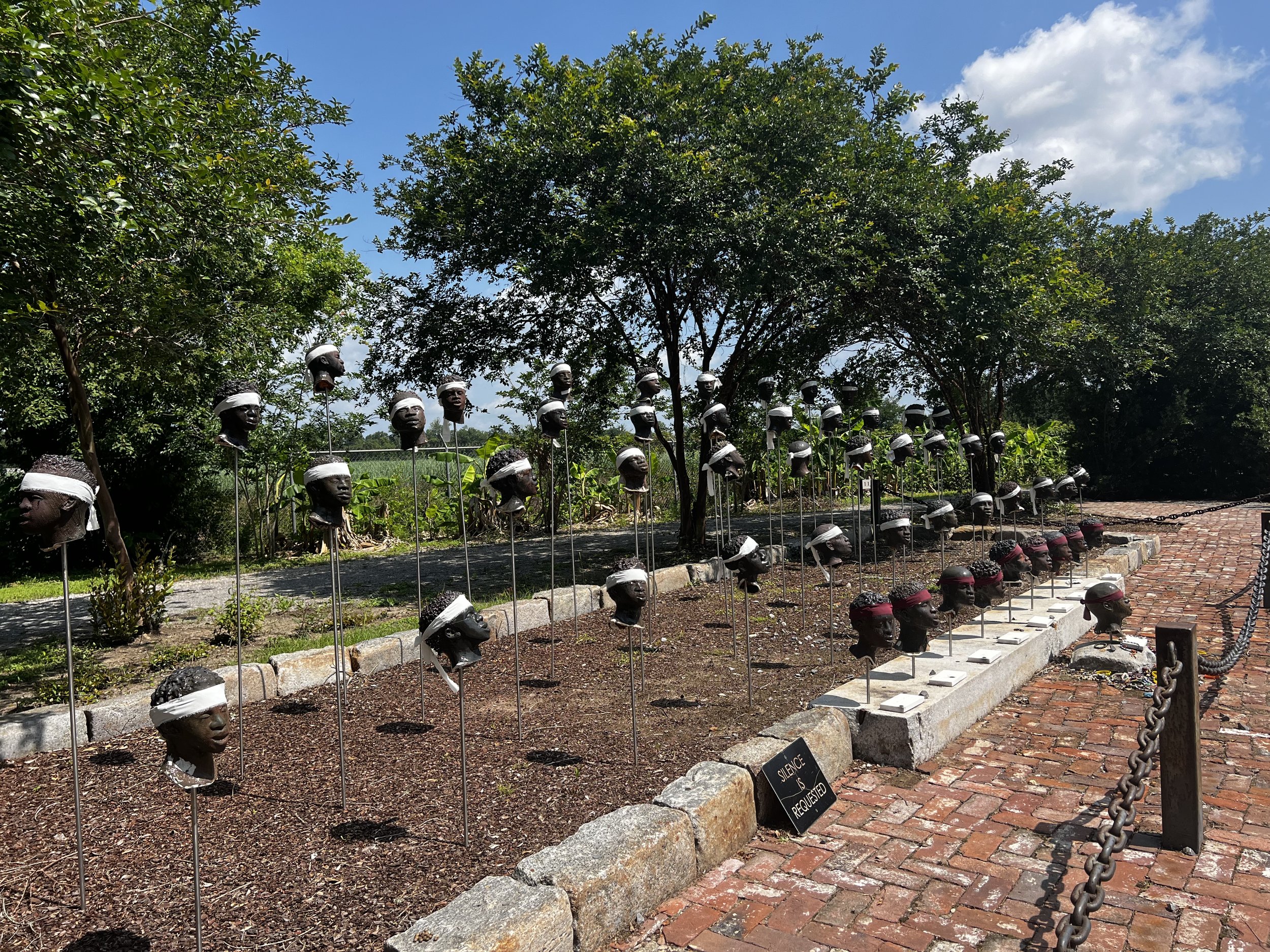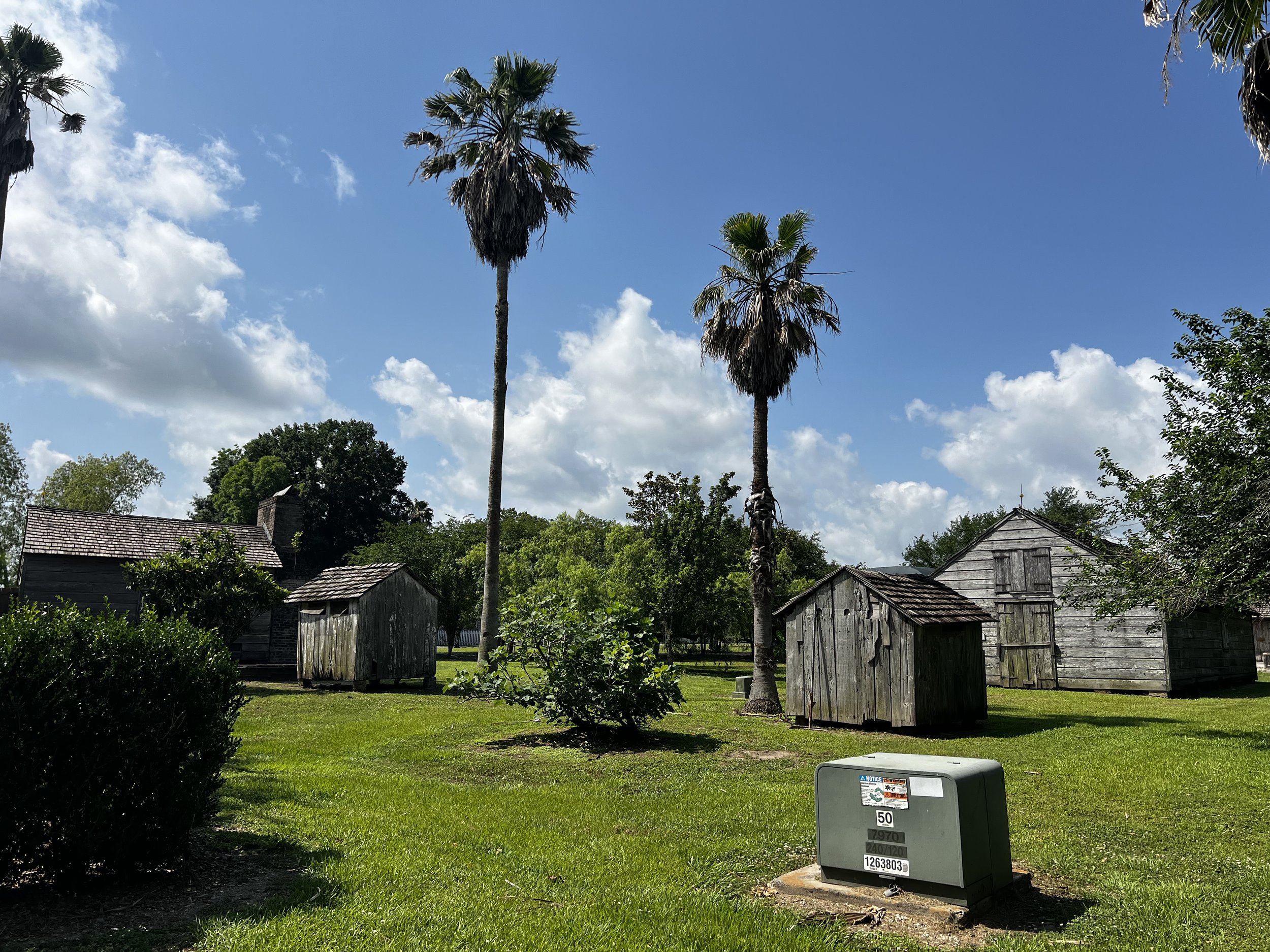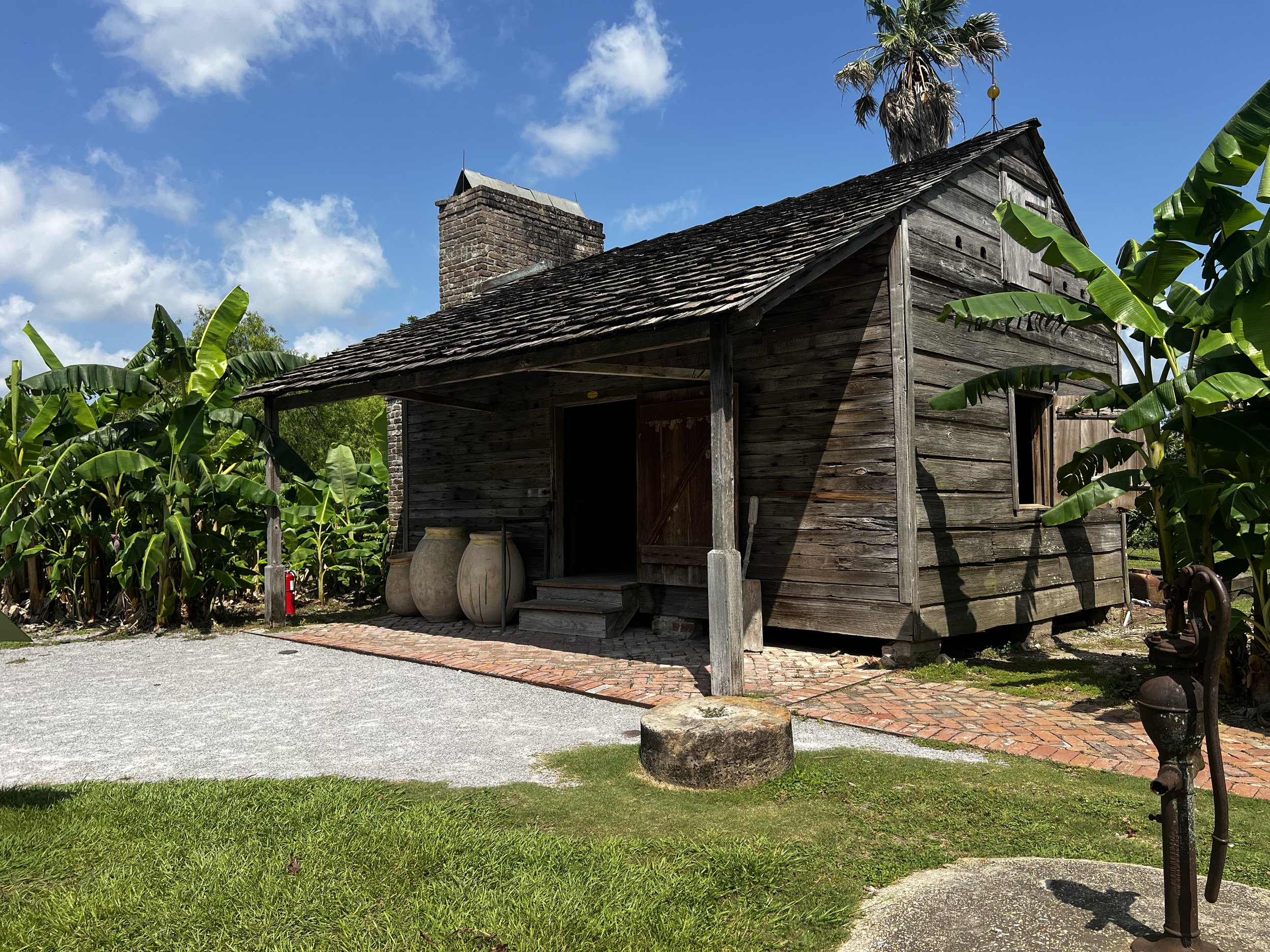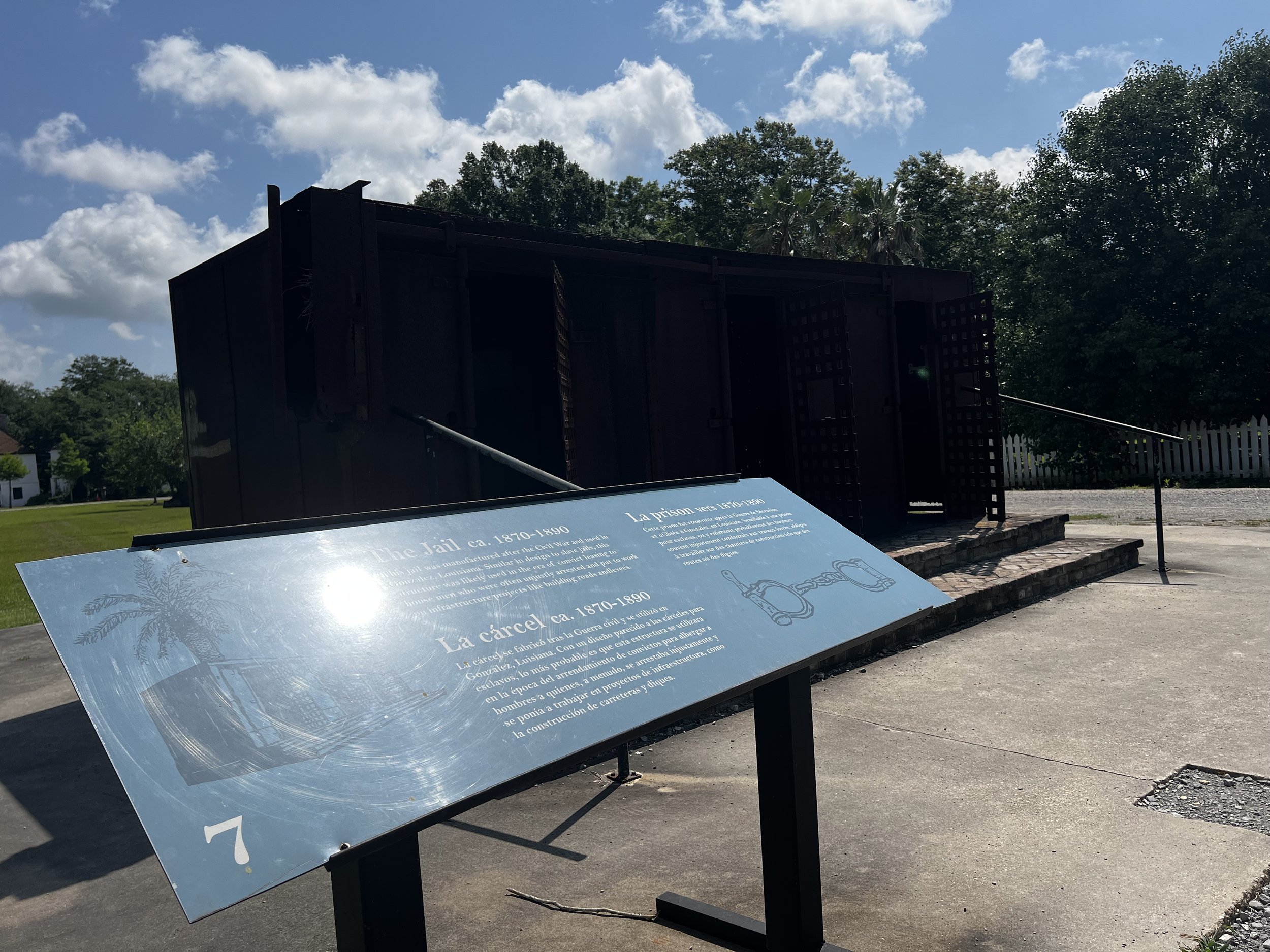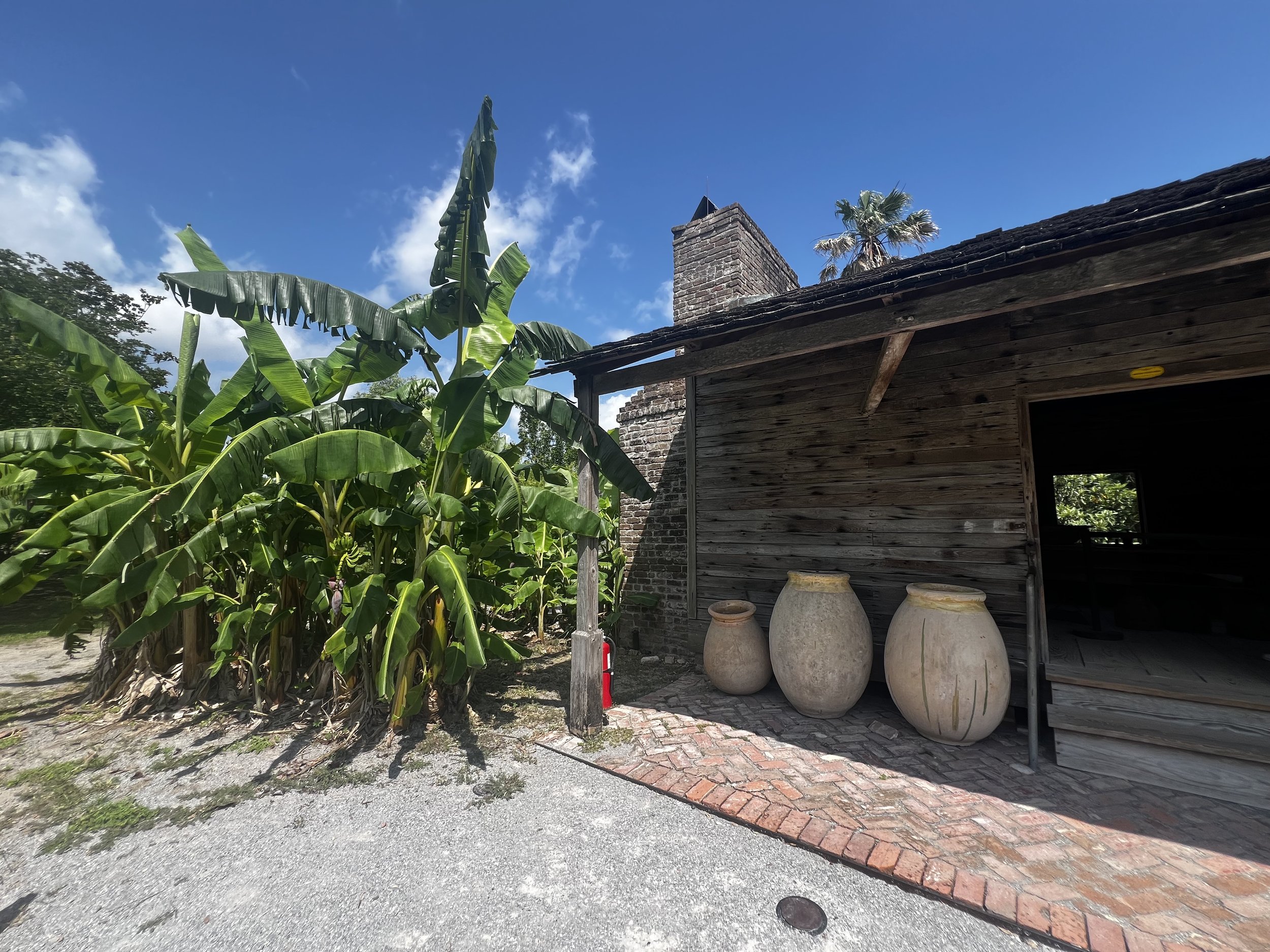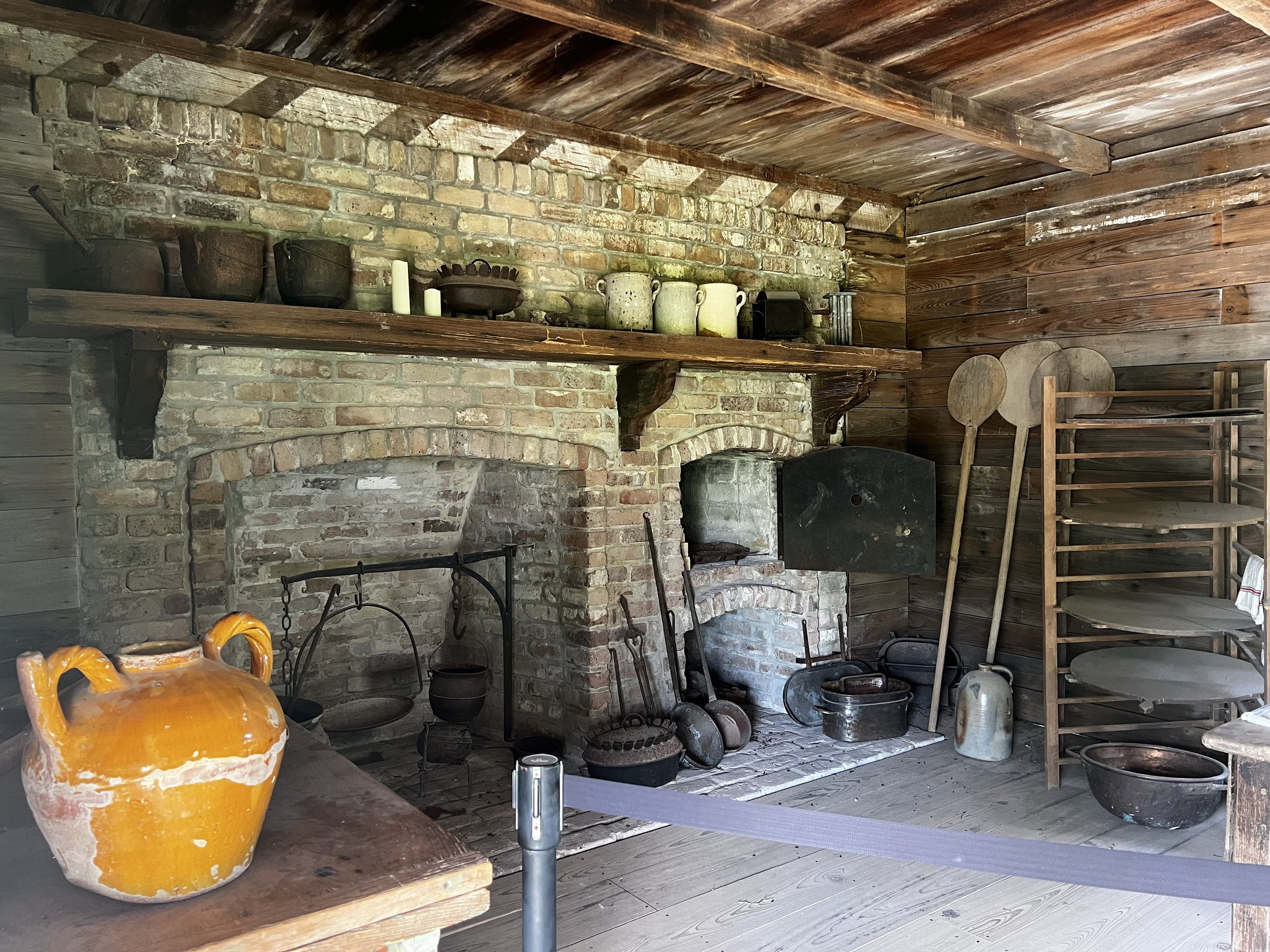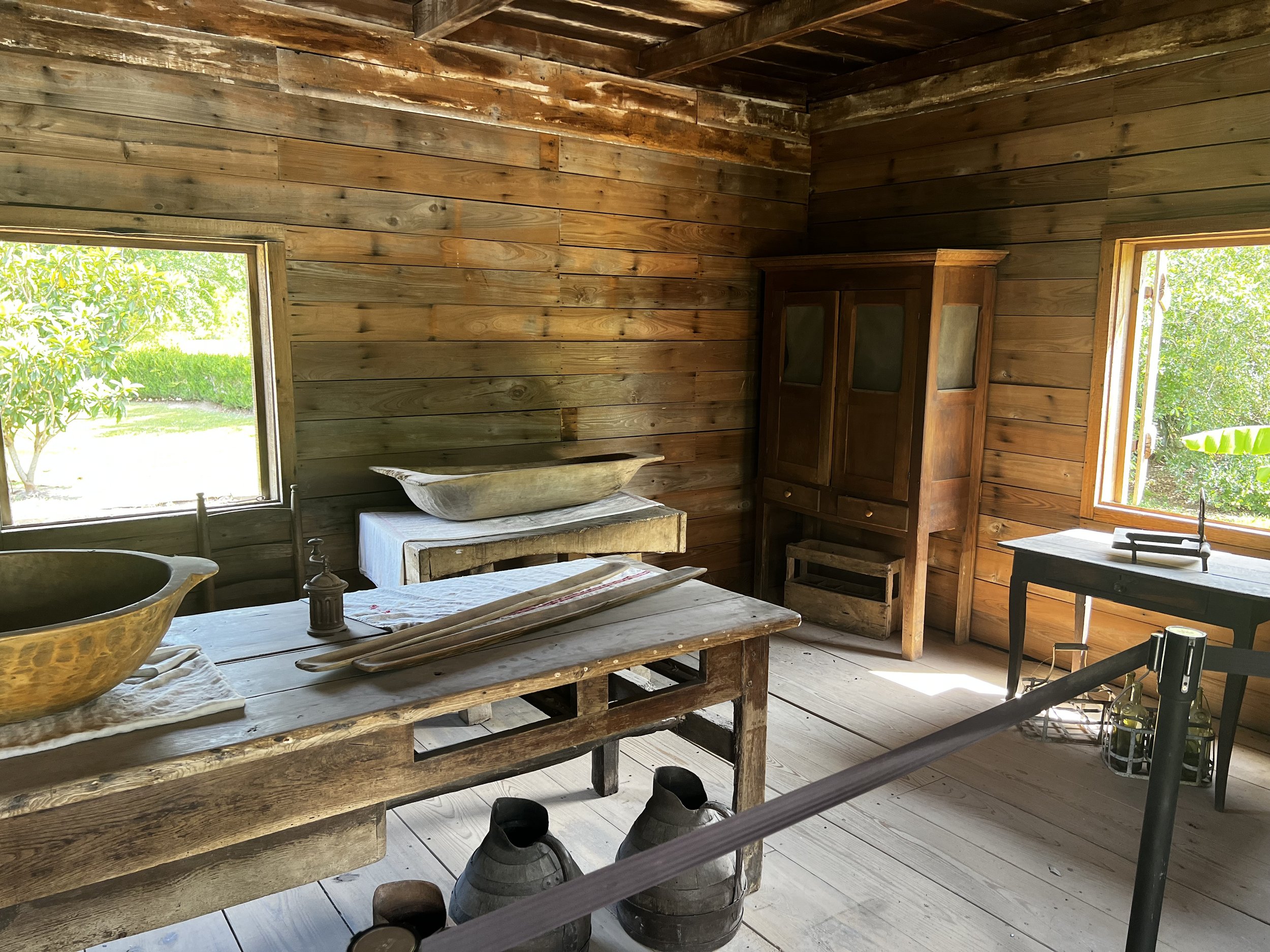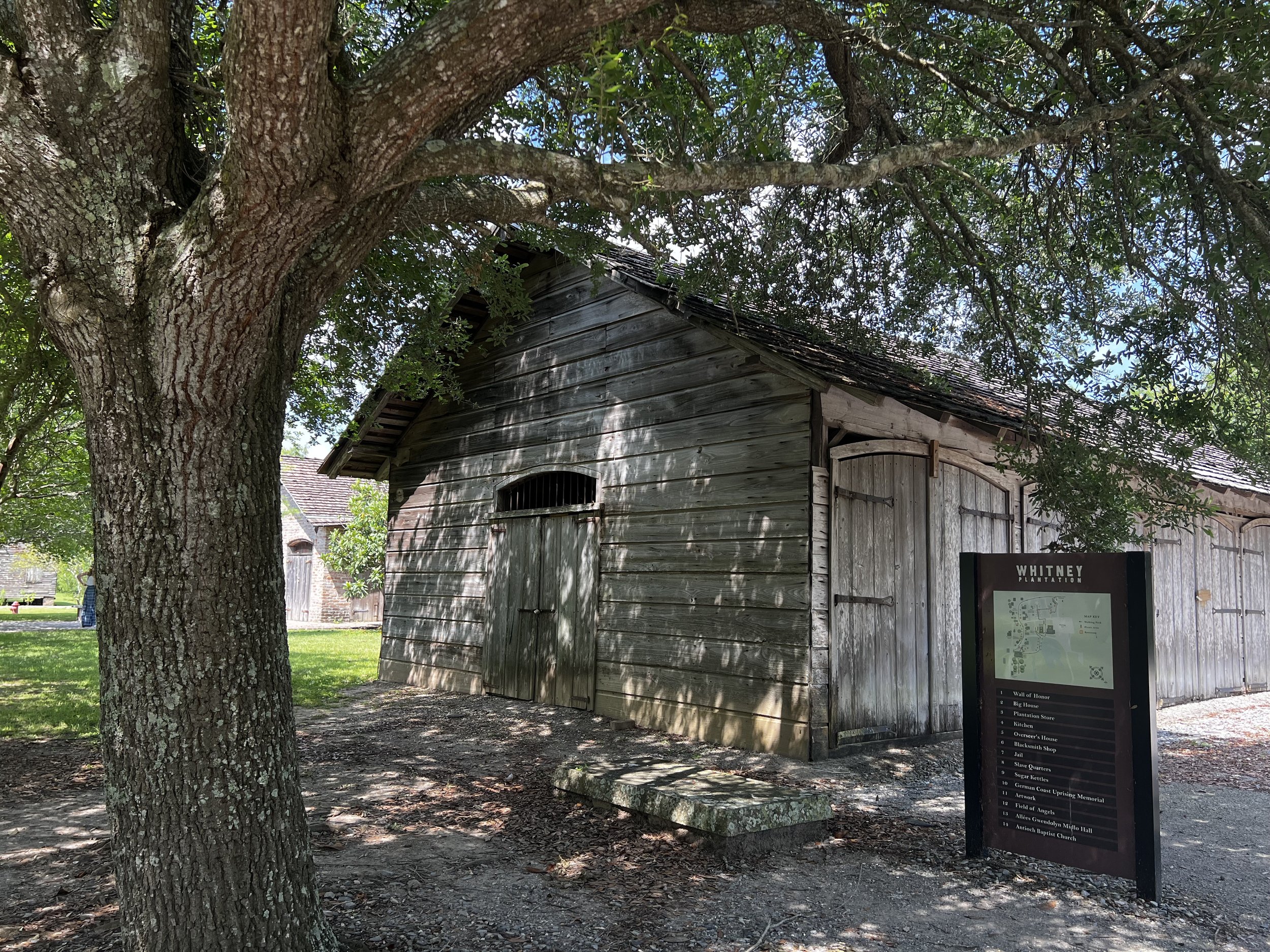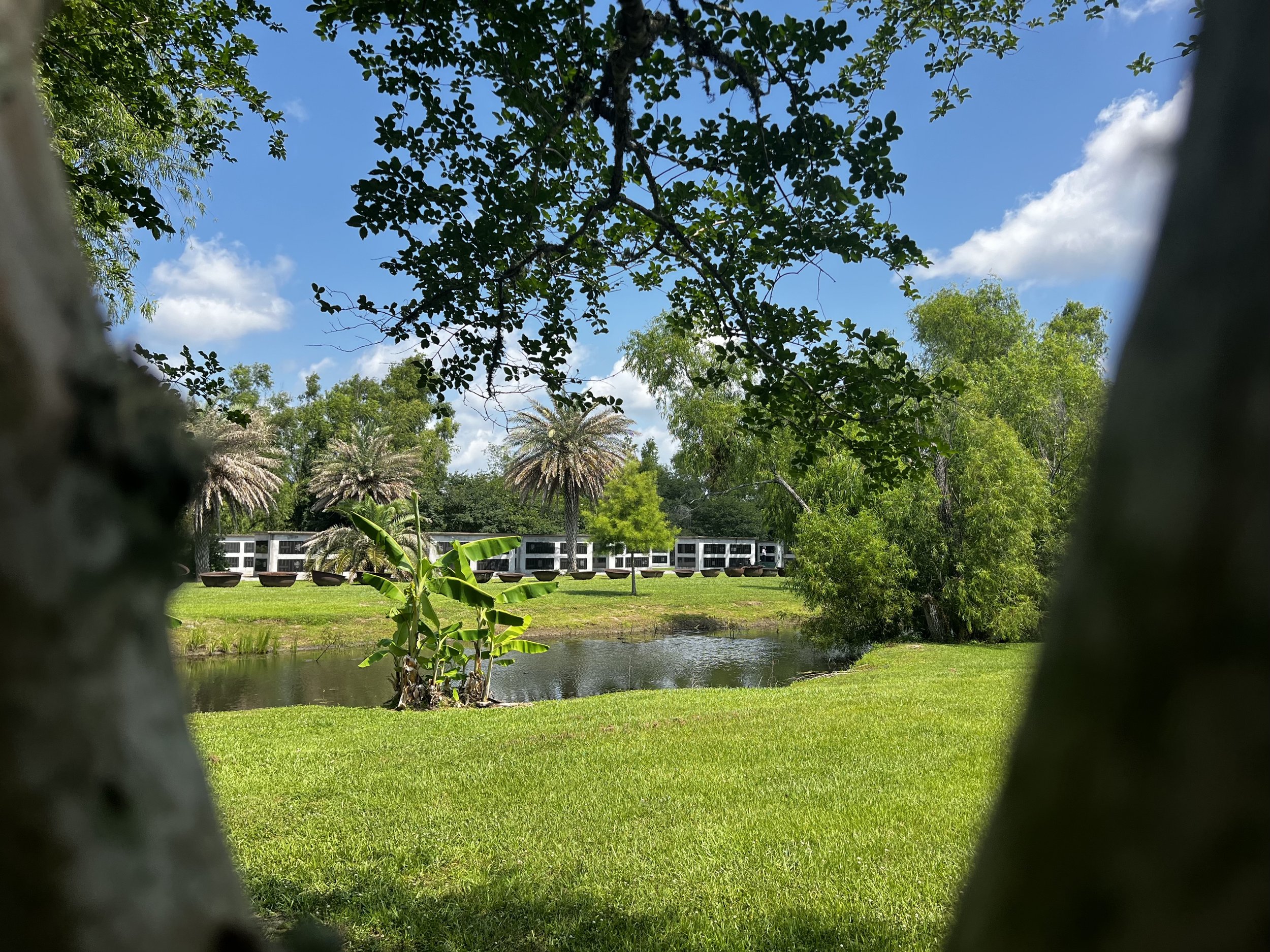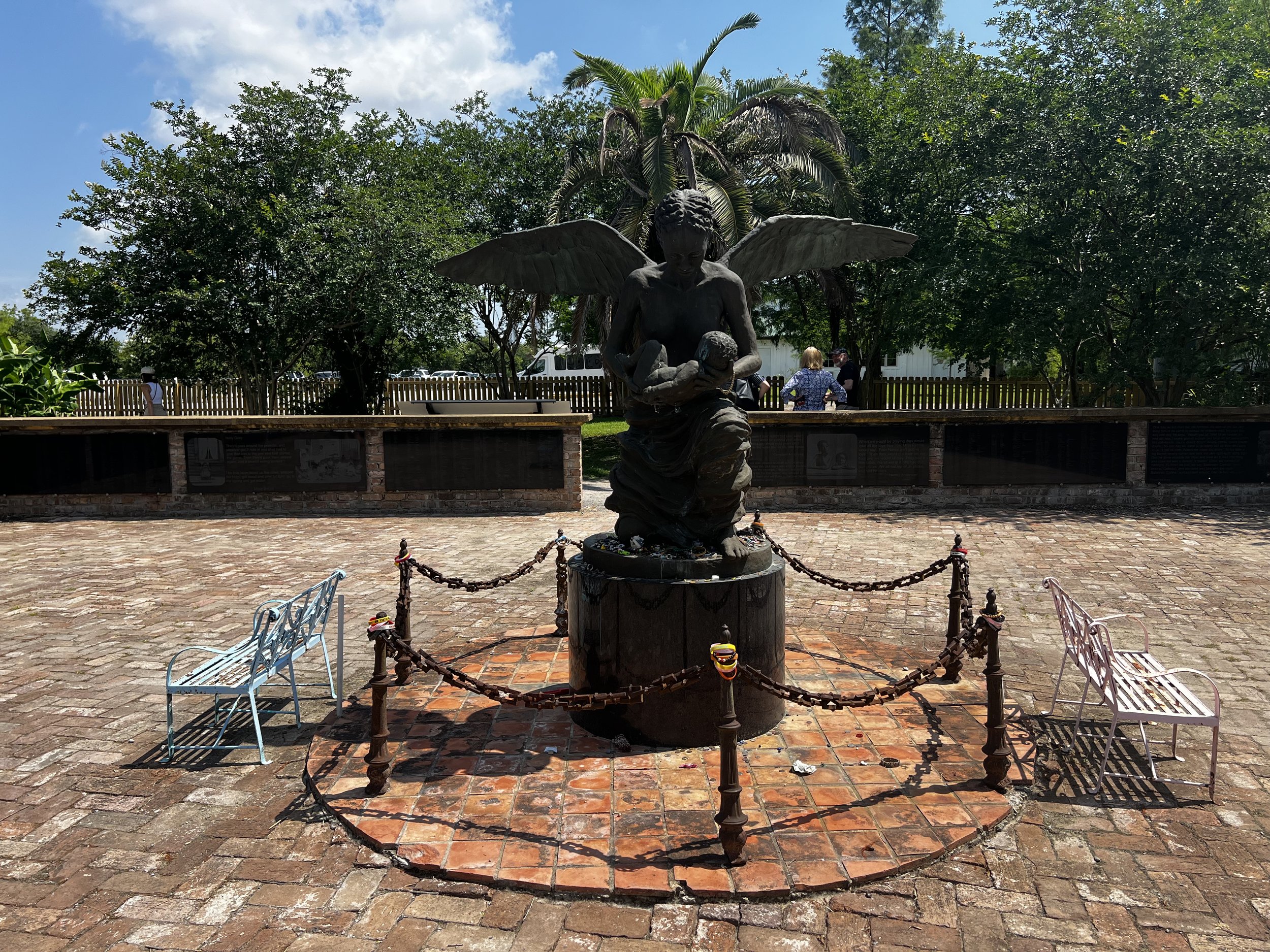“Our lives begin to end the day we become silent about things that matter.”
I’ve been wrecking my brain for ideas on how I would like to start this blog off, and frankly, I got nothing… So, let me start with this:
I grew up in a comfortable Asian household in Indonesia. Sure, as I mentioned in my first blog, my grandmother might have been a bit strict and intense. Still, I was comfortable. Fast-forward to the summer of 2013, I arrived here in the U.S. I began my studies here, learning about world history, U.S. history, and inevitably, slavery.
Now, like I mentioned, I grew up comfortably. What does this mean? This means that up until today, I still avoid situations that would lead to self-embarrassment and/or ending up in a ditch. I consider this part the good part. I mean, hey, I don’t humiliate myself in public and my friends all think I have it all together. But, what does this also mean? This also means that up until today, my family keeps to themselves. My mom, in particular, doesn’t like confronting people or issues, especially racial, political, or any other sensitive social issues. She always says it’s better to stay silent and still as long as it doesn’t affect us. In other words, keep to yourself and trouble won’t come your way. Having been raised here and being somewhat knowledgeable about the historical truth of this place, a part of me dislikes this family dynamic. I get it. We’re Asians. Yes, we’re a part of the minority. Yes, we’ve had our fair share of prejudice with the Chinese Exclusion Act of 1882, the Japanese American internment camps, and more. Yes, she is simply scared. But this is where the split is. To her, let’s be still and quiet so that we’re not targeted. If we don’t do anything, nothing would be done to us. To me, sure, let’s avoid trouble because who wants trouble? But at the same time, let’s be proactive and aware. Having learned these pieces of history, my brother and I have been taught to become more aware, to stand up and raise awareness, and to act on it when can be. We have come to develop a different mindset—the importance of being aware of the issues at hand first and foremost, even if the urge to resolve or the resolution to said issues does not come straight away.
So, I guess, all of that is to say that I’m writing this blog with one purpose in mind: to bring more awareness to the world even if it is of a thing of the past. There is quite a lot I want to write about. The topic is sensitive, and I can’t even begin to let the concept of it sink in. With that said, this blog may come out a bit disorderly, so please bear with me.
Our journey into the revolting enslavement period in the American history began with a screening of the movie 12 Years a Slave. This film, directed by Steve McQueen, is based on an 1853 firsthand memoir by Solomon Northup. To premise, Northup was a free-born African American who resided in New York with his wife and two children. He was a landowner and a professional violinist before getting kidnapped in Washington, D. C. and sold into slavery in Louisiana, where he was put to work on several plantations for 12 years before liberated. Unlike other historical account-based films, 12 Years a Slave sets itself apart by the rawness it is able to capture on screen. It is not too matter-of-fact, it does not intentionally omit gory details, and it certainly does not shy away from the reality of what it meant to be an enslaved person at that time; it is a remarkably educational piece given how raw and sickening and vile the scenes are, which makes for an accurate representation of enslavements.
Solomon, renamed as “Platt,” was first bought by a man referred to as Lord Ford. At the auction, Lord Ford seemed to be one of the more decent slavers—as inhumanely decent as someone who buys and sells another person could ever be—compared to the others. Sitting there, I felt like jumping out of my chair out of anxious anticipation for Solomon’s purchase by Lord Ford. I thought, “Cumberbatch looks like he has some sliver of humanity left in him. Maybe if Solomon goes back with him, his life wouldn’t be too excruciating.” And, low and behold, my hope came true… that is, until the lunatic Tibeats came along, projecting and screaming his insecure masculinity around. Nevertheless, I felt the hopefulness that Solomon felt and saw the shine in his eyes during his time with Lord Ford, whose only lips out of which the words, “Platt. Poor Platt” were ever uttered. Following Ford, though, everything took a dark and unpleasant turn. Solomon was sold to Edwin Epps, or Master Epps as he came to call him.
During his time with Master Epps, tension grew not just within the film but also within me. As opposed to Ford who was still good-natured and gracious, Epps… was… abusive, bitter, dissatisfied, insecure, cruel, belittling, callous, and not to mention, a cheat! Epps was basically just a ball of all damnable, obnoxious, and cursed personalities crumpled into one single being. To consider him a “human” or a “person” is even beyond me.
There was this sense of fear that overcame me each time Solomon would bat his eyes up directly at his Master Epps, as if to glare. I was fearful that it would be deemed as a disrespect, but rather than returned with a simple “lower your eyes,” it would instead be followed by the whipping of lashes, the running of blood down the back, and the exposing of bones. I was afraid for him. There was a part, too, where Epps uttered, “Man does what he pleases with his property.” The notion that these enslaved people were less than anything humane, even below that of animals, is inconceivable. In an attempt to wrap my head around this statement—which I don’t think I ever will be able to or even want to with how sickening this whole part of history is—my mind wandered to my electronics and everyday purchases as being my properties. Despite the fact that these things are inanimate, I still care for them more than any regards those slave owners ever had for the enslaved people. This realization left me still in my chair…
The most heartbreaking part of the movie was the horror that filled Solomon’s eyes. It was the joy that was sucked out of the performing of his fiddle, and the sliver of hope that slowly slipped away from the window of his soul as the years passed. The shine and soft glimmer of his eyes had disappeared, and this sent an upsetting chill down my spine. It was, too, how aged Solomon had come to look by the time he was then again rendered free; how unrecognizable his children were to him, and him to them; and how apologetic he was to them for the change in his appearance following years of labor and abuse. I found myself having to rid of the frown on my forehead, which was a constant innate reflex reaction to the film simply being an illustration of humanity being torn apart and ripped into shreds over and over again.
“I apologize for my appearance but I have had a difficult time these past several years.”
The day following the screening, we visited the Whitney Plantation. As much as I appreciated the experience, a part of me hated it. The 12 Years a Slave film was raw and bona fide; the Plantation was yet another educational bore. It was too matter-of-fact, and informational, and dare I say… bland. Aside from being able to stand on the exact location where a piece of history took place, all of the information they provided felt like it was pulled straight out of a textbook.
As I began my tour around the Plantation, following the arrow-pointed numbers and exhibits, I realized something was not sitting quite right for me. I felt uncomfortable and unsettled. I couldn’t fathom the fact that wherever my foot landed on the Plantation, it could have been exactly where another person’s blood had been shed. I was standing exactly where these enslaved people had toiled with their blood, sweat, and tears (literally), and some even to the extent of losing their lives. One comparison I couldn’t help but make was to our trips around New Orleans, as we constantly complain of the heat that inconsistently scorches our skin due to the presence of frequent breeze. How privileged are we that we are able to complain of the heat under which we freely roam this city. At some point, I couldn’t stand being on the Plantation—picturing these innocent lives being whipped to near-death as they were tied to a stock, being buried where my light footsteps might have landed, and being forced to labor under the blazing heat in the open field that us visitors enjoyed as a ‘nice scenery.’
Now, to end this blog on a more positive note would be disrespectful and dishonest of me. That would make me a deceiver and, frankly, an accomplice to one of the greatest crimes in human history. As dramatic as that sounds, it’s the truth. There’s nothing positive about any of these, and any glimpses of positivity would only further bury the true nightmare that this period in history truly was.
Oh, and one last thing I wanted to mention that quite literally pissed me the hell off (pardon my language)... The concept of plantation wedding. Why on earth would you create this façade of a land being one of celebration to merely show off your wealth when decades ago, innocent human beings literally shed their blood and lives from the torture and abuse of enslavement on that exact spot you are standing on? That is plain ignorance and stupidity. It's just baffling.
“Oh, yes, they had straps and a whip, and they’d better not catch you praying to God. When you prayed, you had to hide in the woods.”
“Some of the slaves was whipped while they was tied to a stock. My master was all right, but awful strict about two things; stealing and telling a lie. He sure whipped them if they was caught in them things.”












